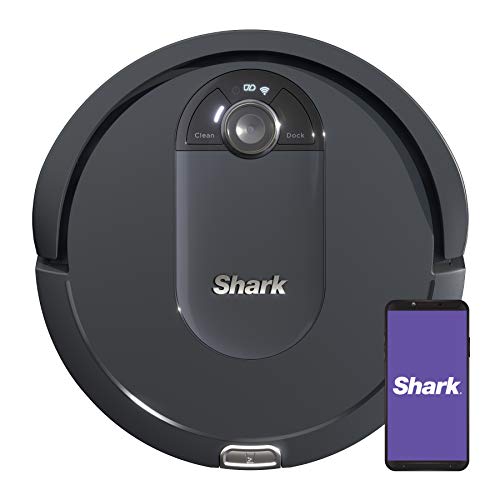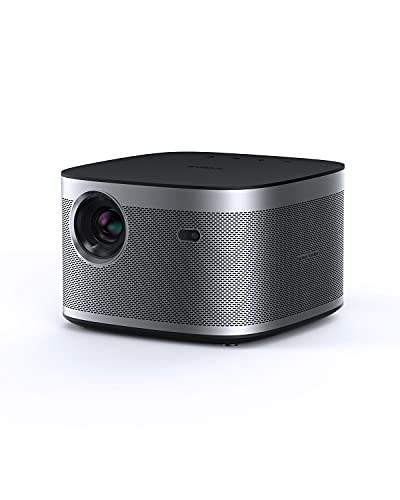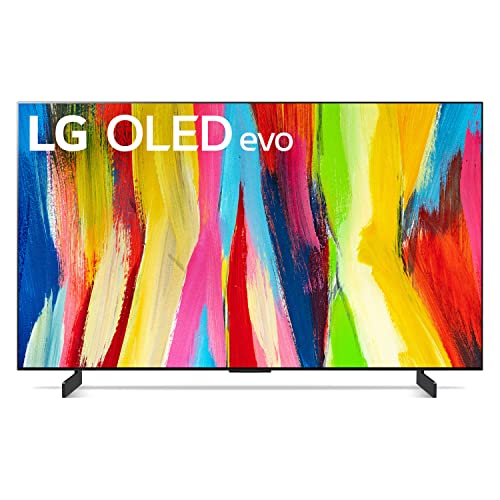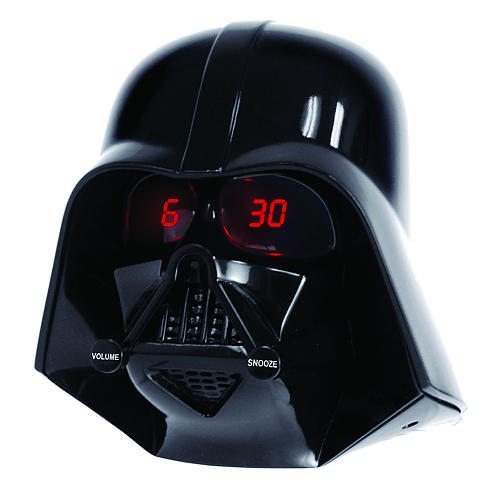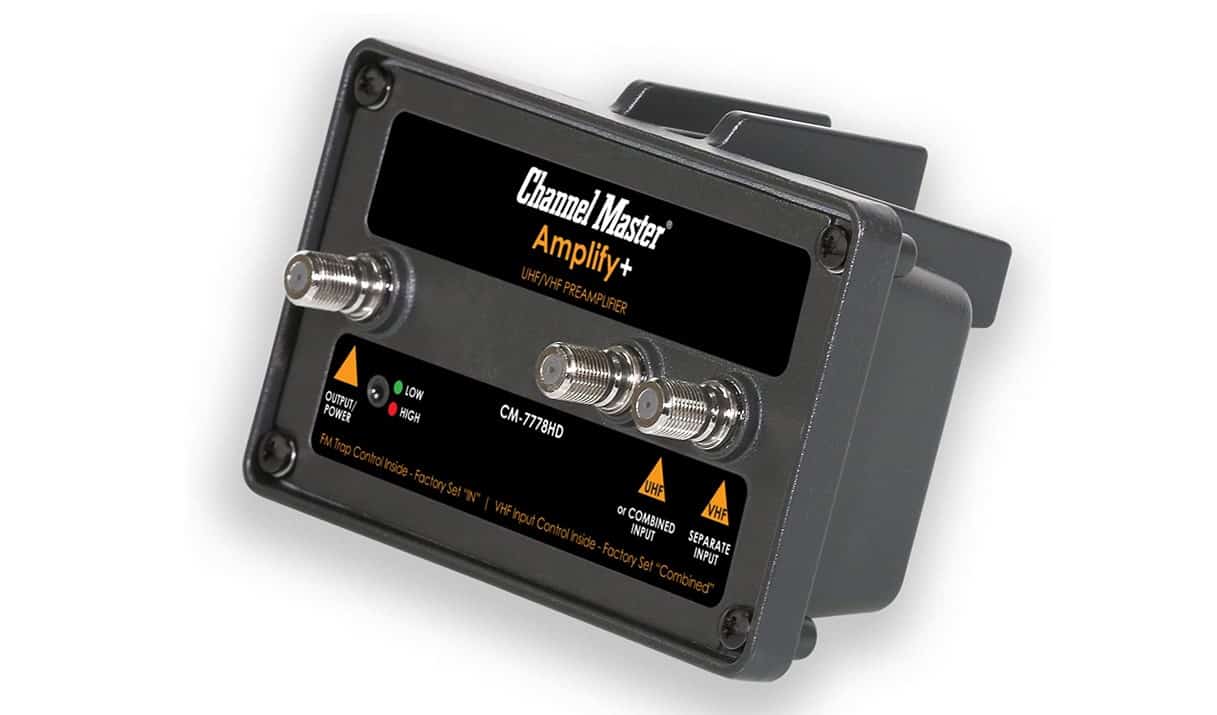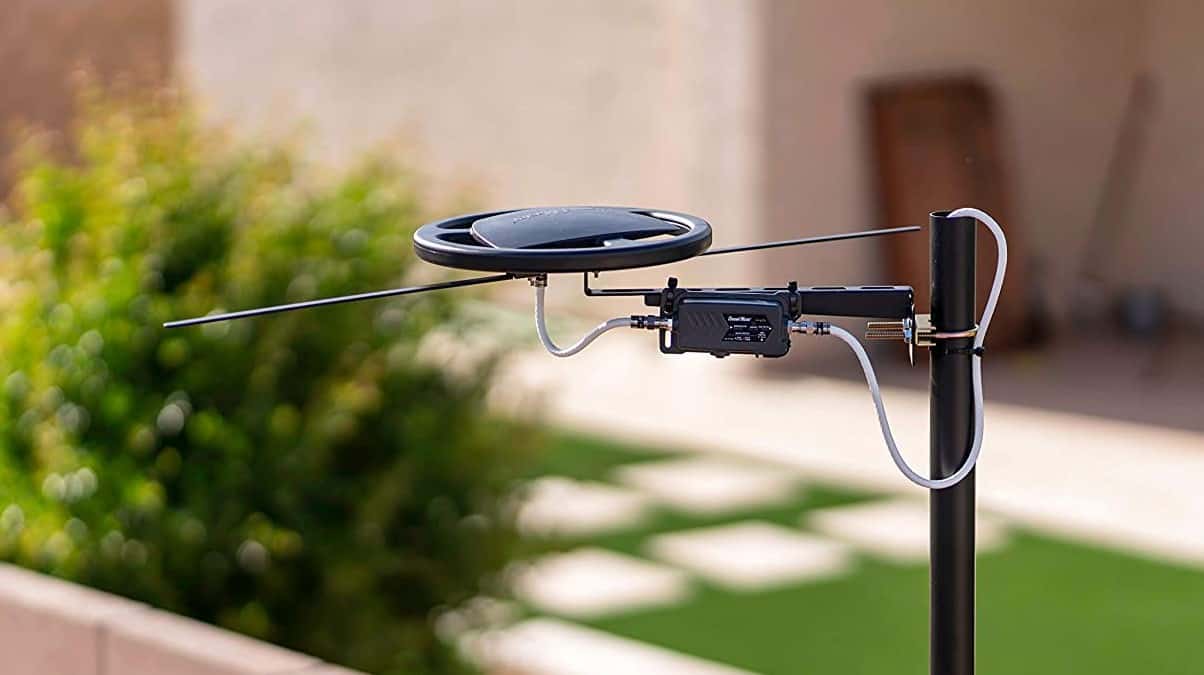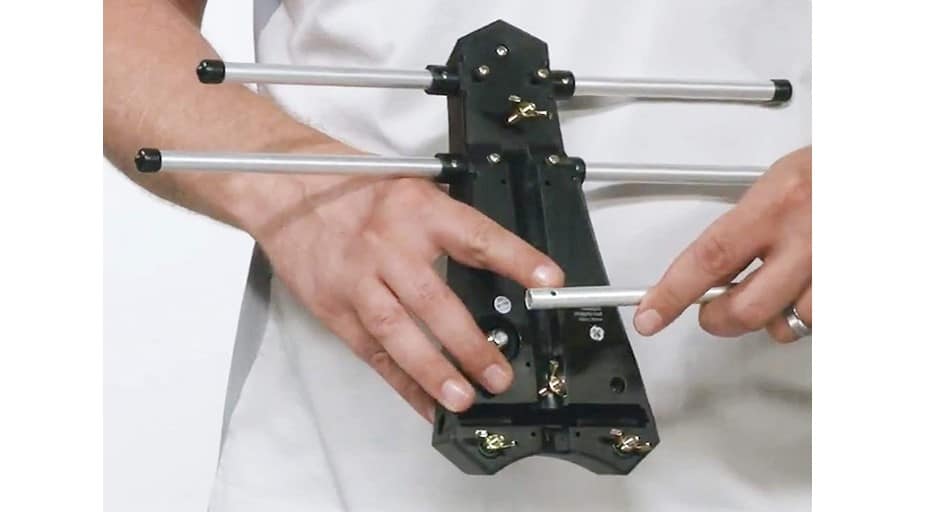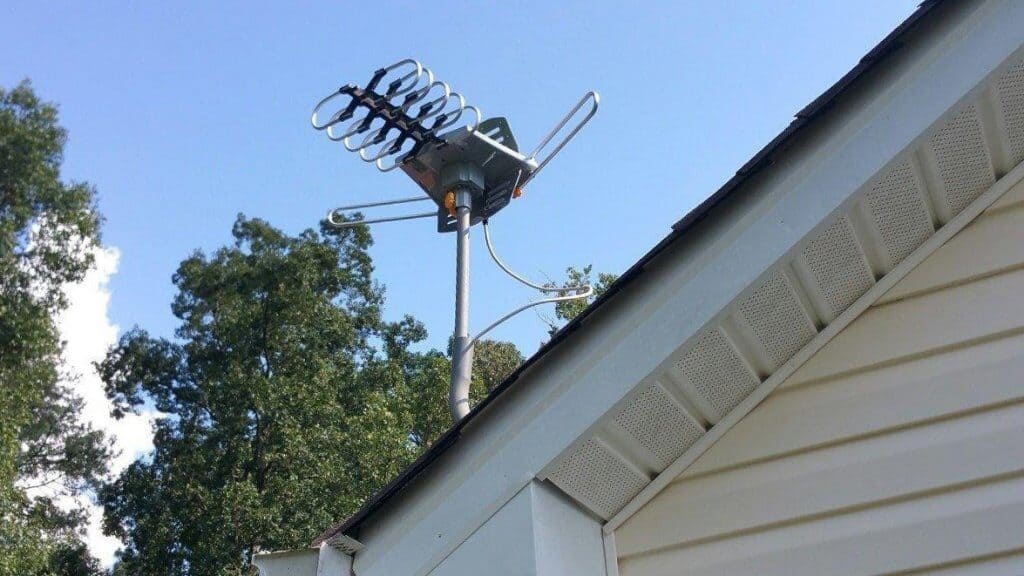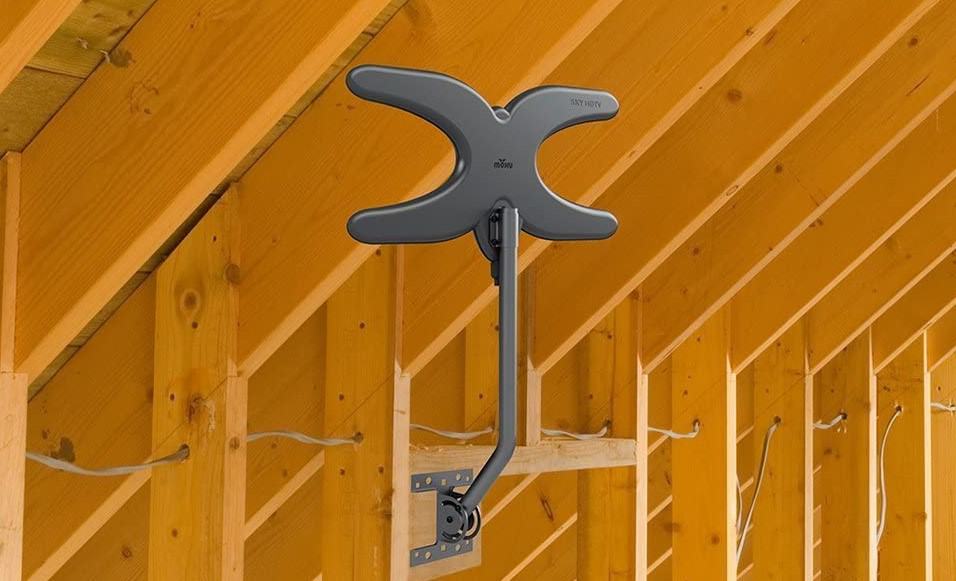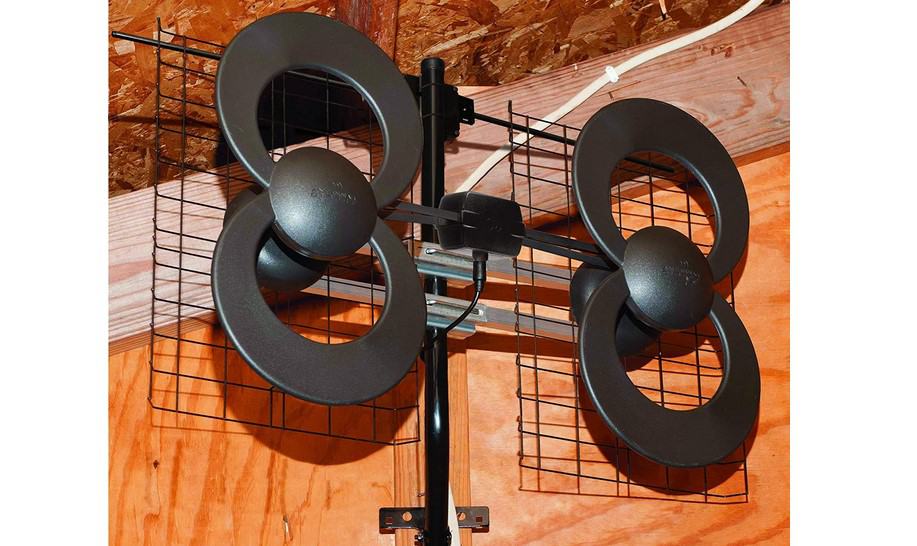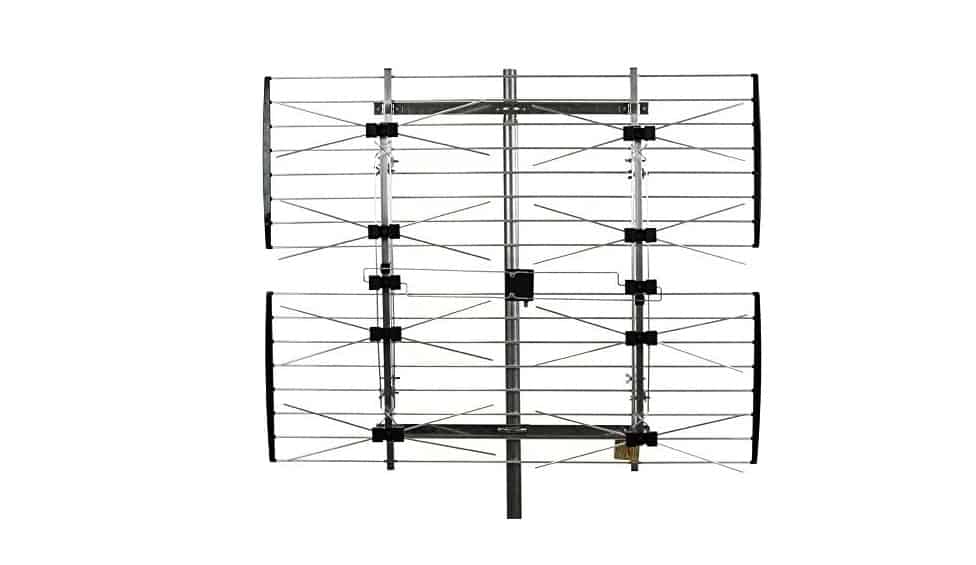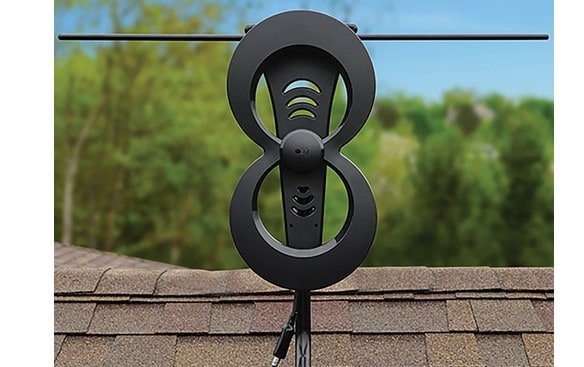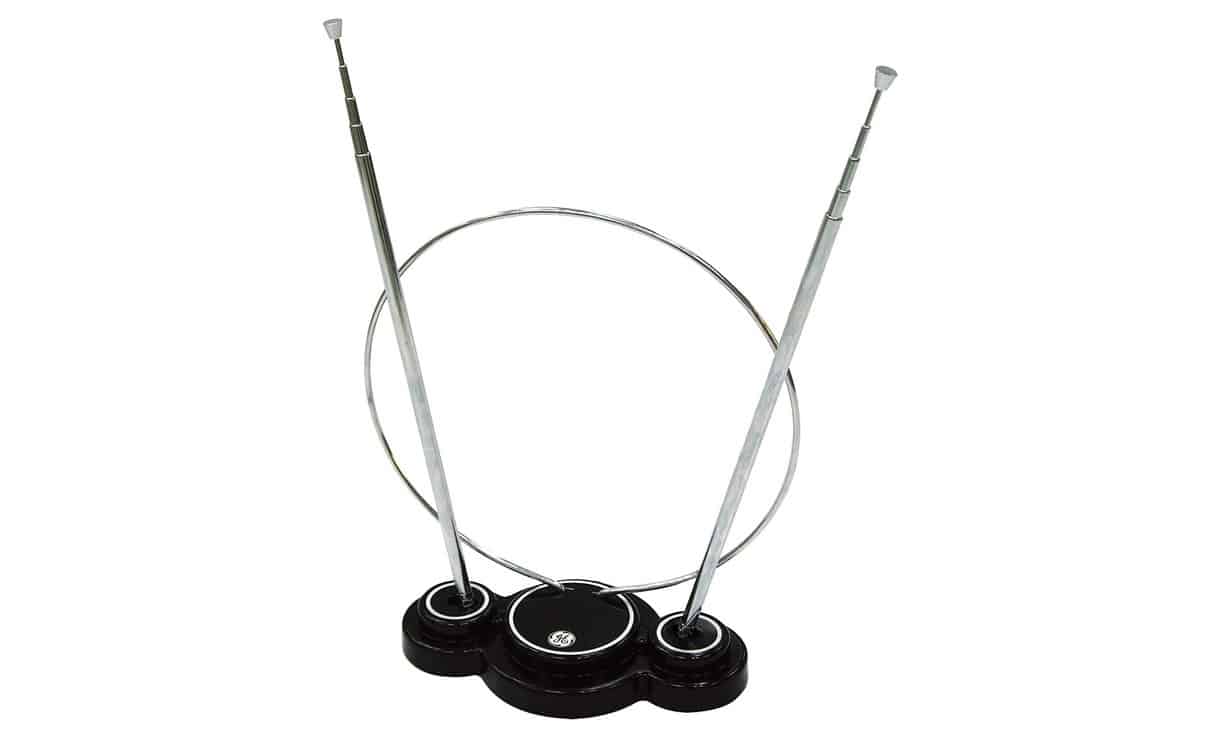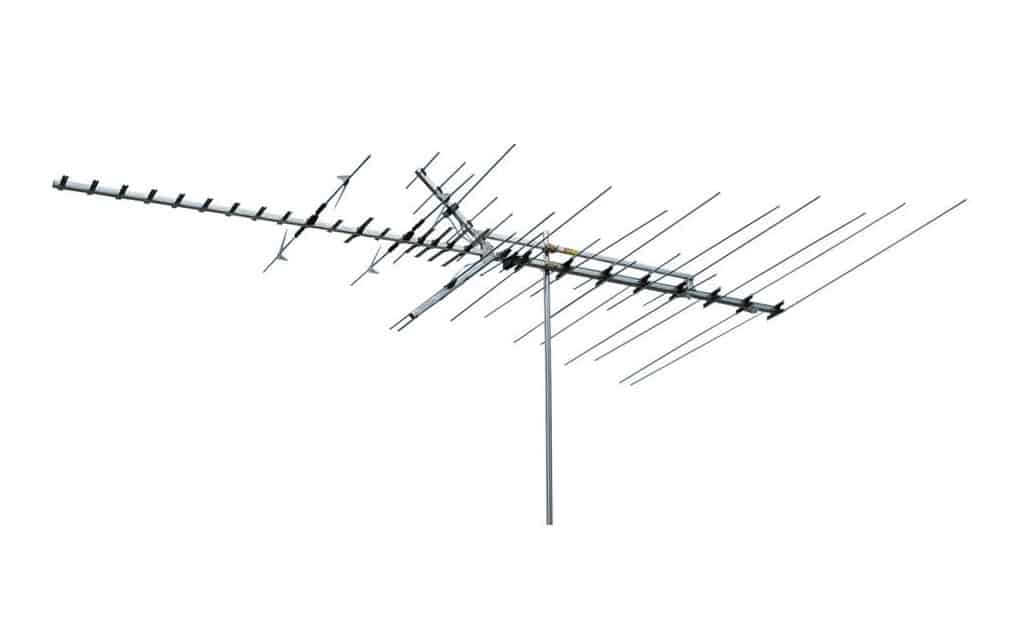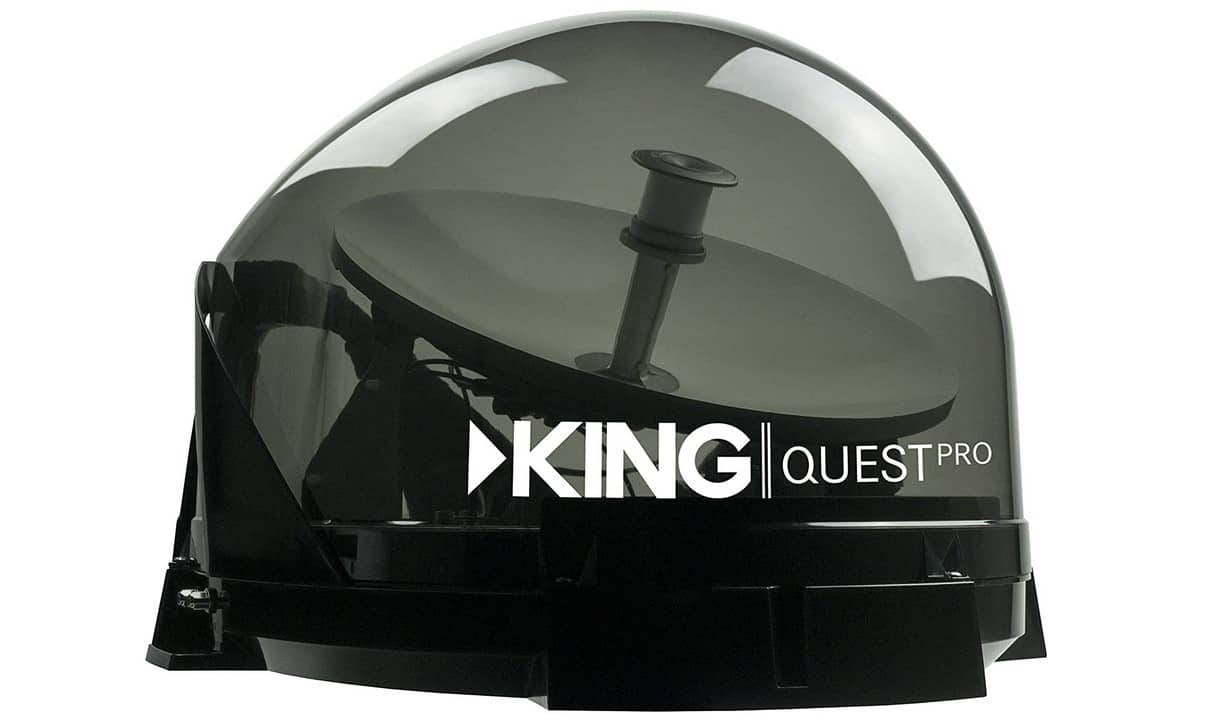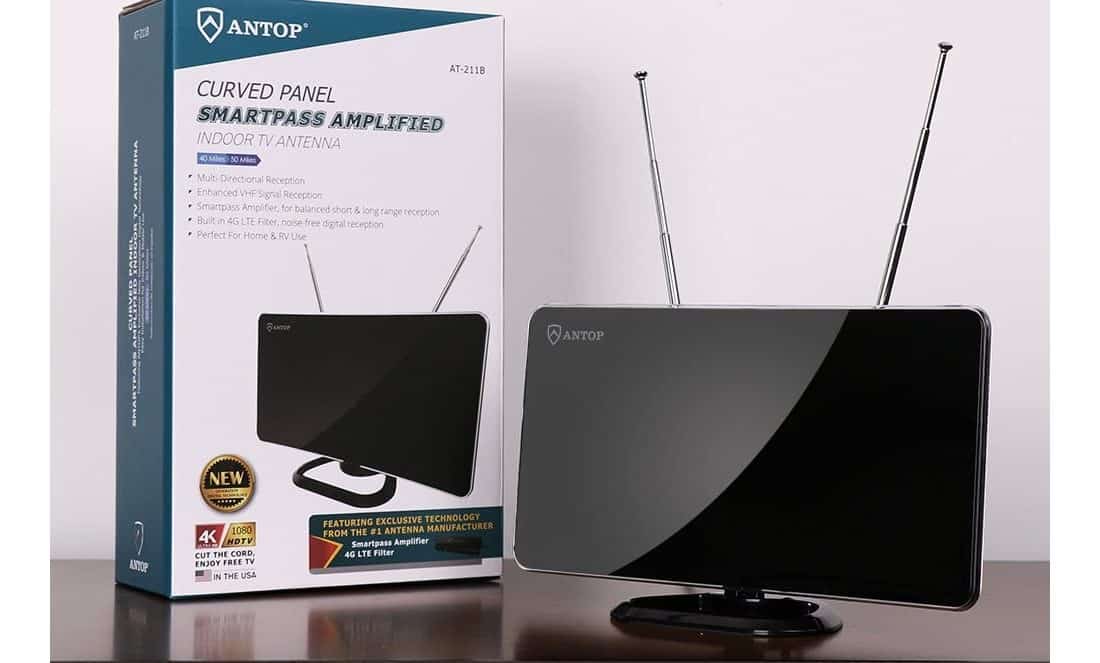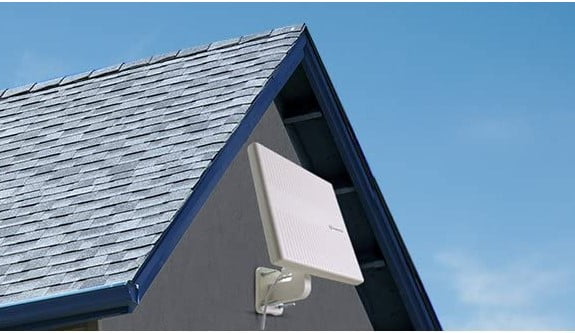What makes the best TV for you depends on your circumstances. Sometimes, durability outpaces the need for image quality, and that’s why today we are going to look into TV casings, specifically comparing an aluminum vs a plastic TV box. And for anyone out there interested in smart devices, you can check out our article that compares Blu-Ray players vs smart TVs.
KEY TAKEAWAYS:
- Aluminum TV enclosures are lightweight, durable, and make a great casing to protect any outdoor TV.
- Plastic TV enclosures are a more affordable option for TV enclosures but offer less protection than metal items.
- Deciding what type of TV enclosure is right for you depends on your budget and the level of security needed.
Differences Between an Aluminum vs a Plastic TV Box
It’s easy to imagine the material differences between aluminum and plastic. Still, there are specific instances where the differences between the two may not be discernible. For example, should you use an aluminum or plastic TV enclosure when looking for a television to view outside, on a patio, or on an enclosed porch?
Insider Tip
TVs can be stored in temperatures ranging from -4-140 degrees Fahrenheit.
It’s essential to protect your outdoor viewing experience, but many don’t know which is best for their situation. Below, we’ll discuss the major differences between aluminum and plastic casings for televisions. We also have a great article that compares 720 vs 1080 TV resolutions.
Durability and Protection
For residential customers looking to protect their outdoor televisions from bad weather or theft, durability is always the most critical factor to consider. Lightweight aluminum provides the maximum strength and durability you need to protect your TV from inclement weather. On the other hand, plastic offers some measure of protection but is easily broken and is also worse for water and condensation.
Assembly
One area where plastic cases have the upper hand is the ease of assembly. Plastic cases usually come in only a few pieces and don’t take long to assemble. Aluminum cases often come in many parts and require a long assembly time.
Price
Although better for protection, aluminum TV cases usually are significantly more expensive. For example, the average aluminum enclosure will start at around $200-$300. They may even be priced closer to $1,000 for a very well-built case. Plastic cases are much cheaper and start at around $100.
Warning
When purchasing a TV enclosure, cheaper brands use parts that wear easier, such as gaskets and seals.
F.A.Q.S
Is it necessary to have a cabinet for an outdoor TV?
Anytime you have a TV outside, you will need to provide some measure of protection. This protection can come through a TV enclosure, cabinet, or TV cover.
Will an indoor TV last long if used outside?
With the condensation and potential harm from weather exposure, indoor TVs are likely to last only about one year if not protected from outdoor conditions.
Can a TV last outside during the winter?
If it is an indoor TV, it will not last outside during the winter if left unprotected. An outdoor TV is built to withstand the elements. However, it is still a good idea to have protection even for weatherproofed TVs.
STAT: Plastic bottles are the most recycled plastic items in the United States as of 2018. A recent report shows that Recycling just ten plastic bottles saves enough energy to power a laptop for over 25 hours. (source)
REFERENCES:
- https://www.polycase.com/techtalk/plastic-electronic-enclosures/aluminum-enclosures-vs-plastic-enclosures-determining-the-right-material.html
- https://www.thetvshield.com/blog/why-outdoor-tv-enclosures-are-better-than-weatherproof-outdoor-tvs-the-tv-shield/
- https://www.epa.gov/recycle/frequent-questions-recyclingr
- https://www.thetvshield.com/
- https://www.aviselectronics.com/articles/Waterproof-TV-or-Enclosure
- https://www.sony.com/electronics/support/articles/00028509















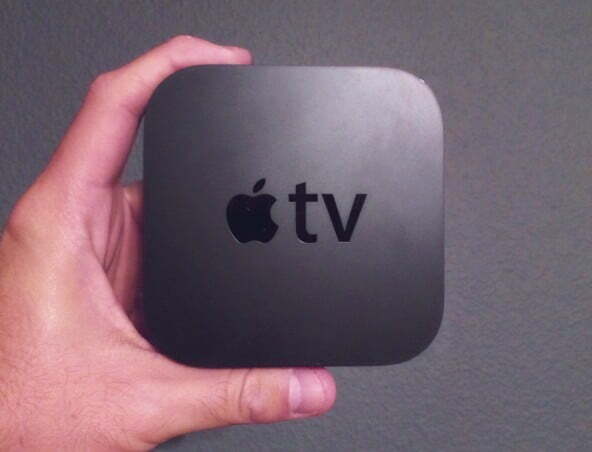

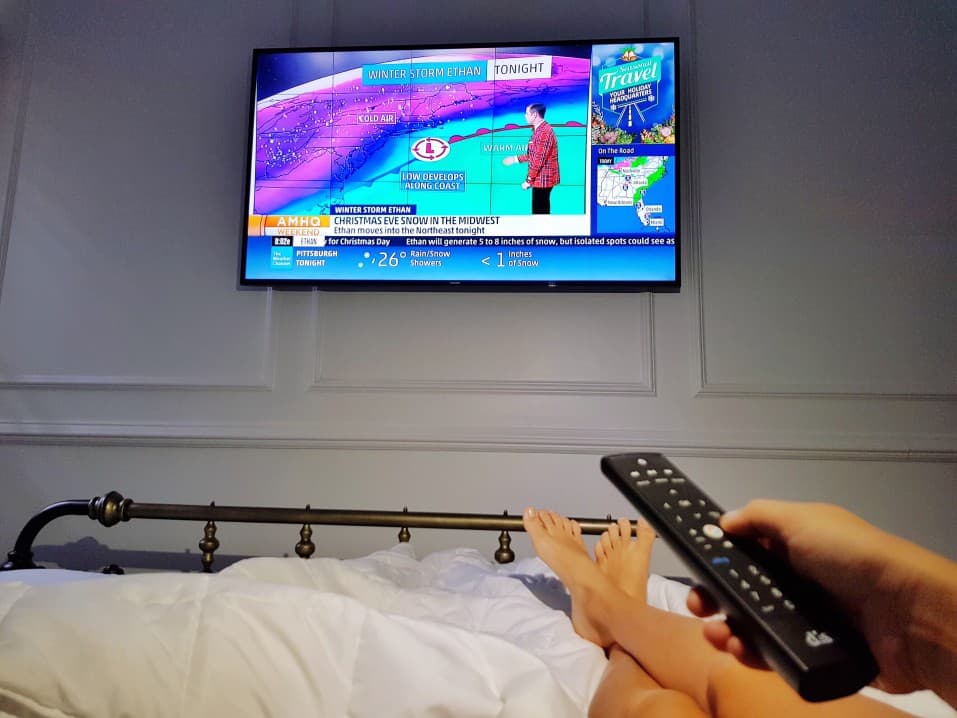


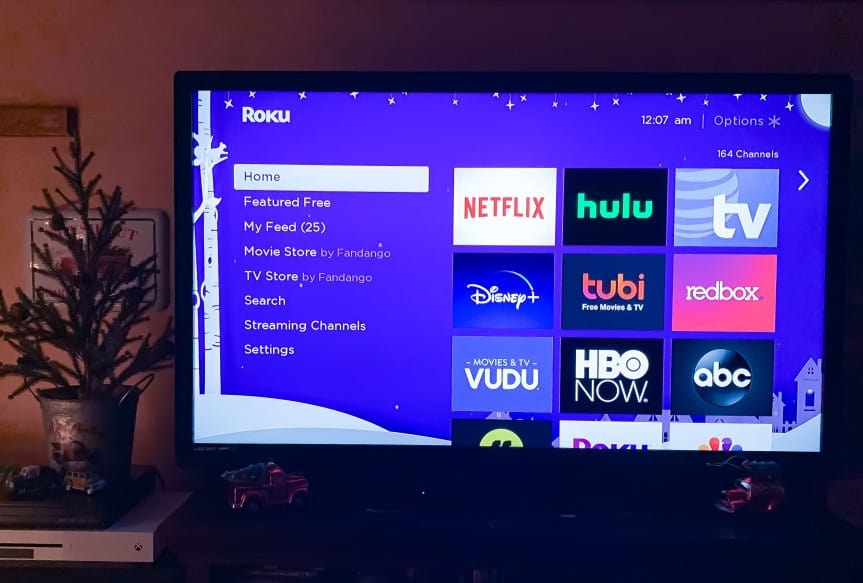
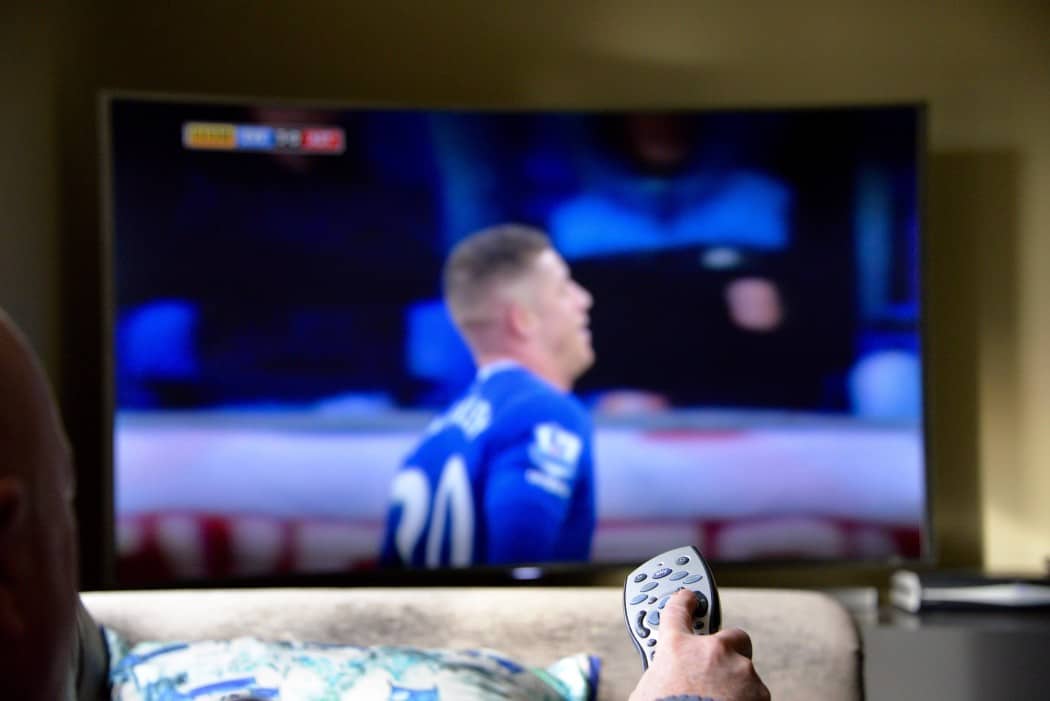
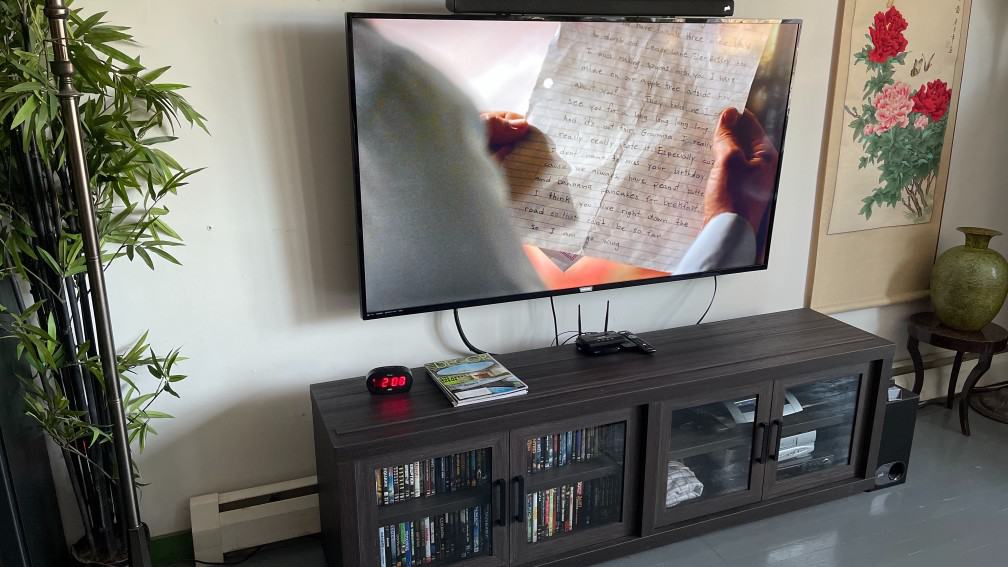

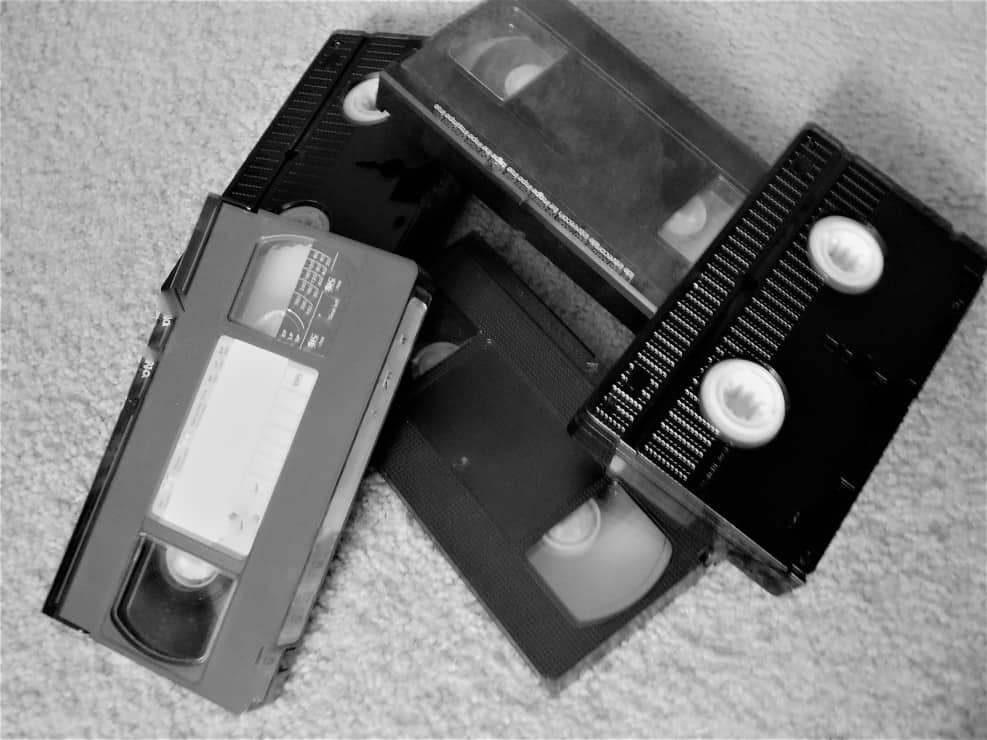
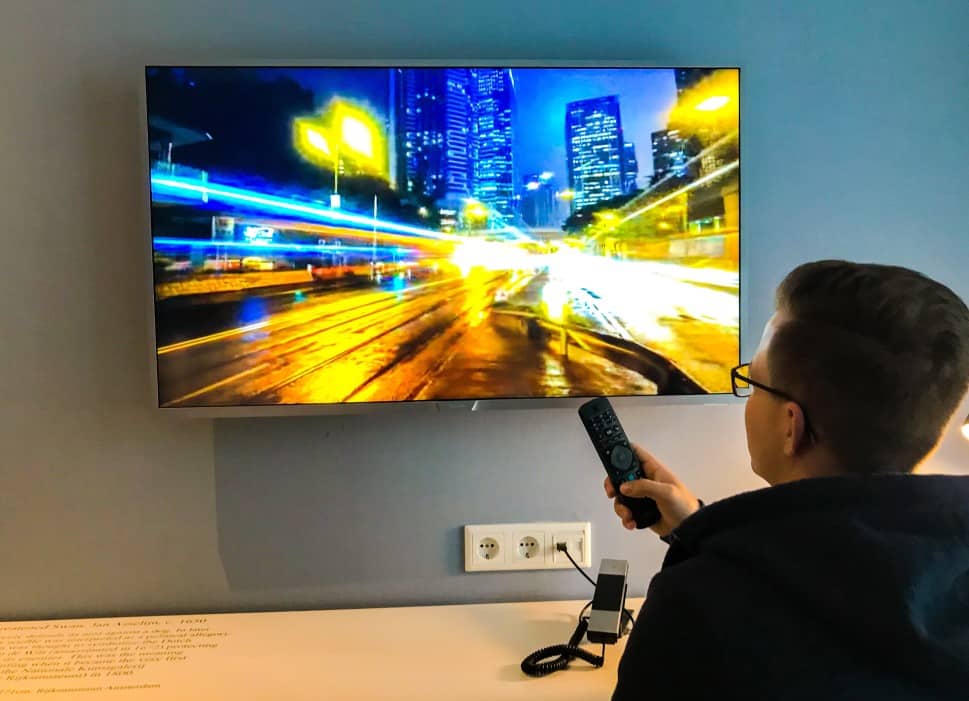




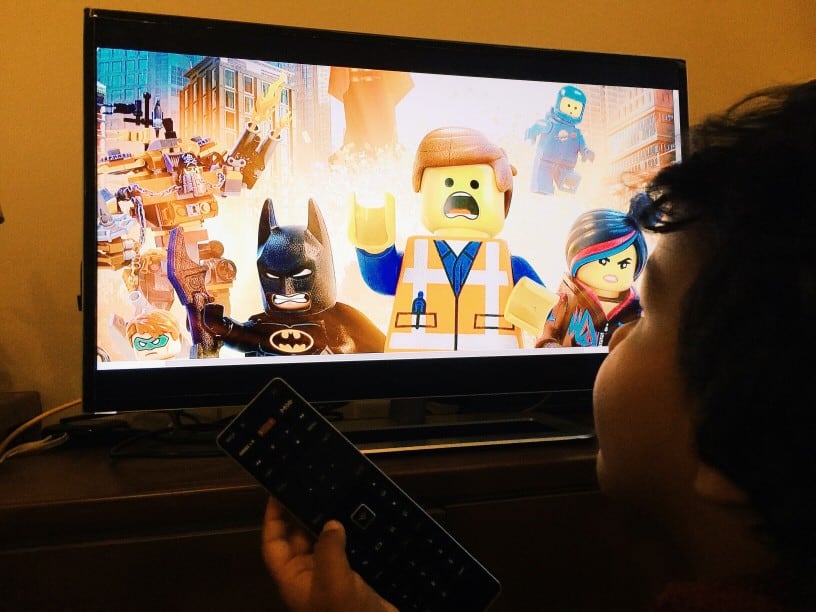
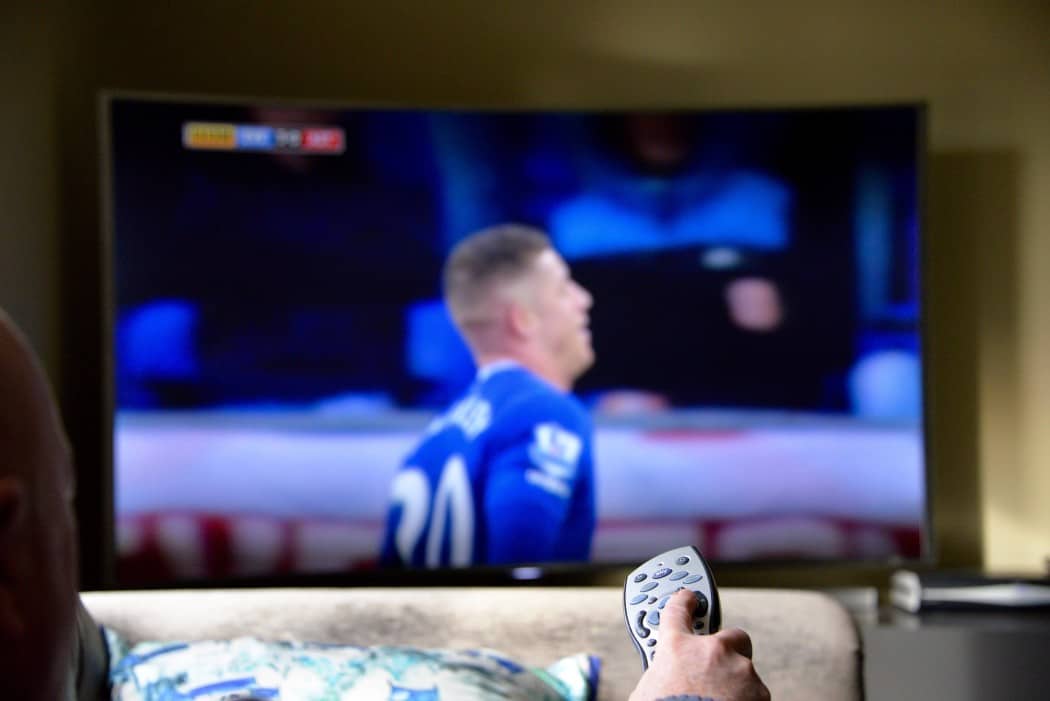

![Best Drones Under the Cost of Ferrari in [year] 25 Best Drones Under the Cost of Ferrari in 2025](https://www.gadgetreview.dev/wp-content/uploads/image-test-3.jpg)
![Best LEDs & LCDs in [year] ([month] Reviews) 26 Best LEDs & LCDs in 2025 (April Reviews)](https://www.gadgetreview.dev/wp-content/uploads/Samsung-UN65RU7100FXZA.jpg)
![Best Streaming Services in [year] ([month] Reviews) 27 Best Streaming Services in 2025 (April Reviews)](https://www.gadgetreview.dev/wp-content/uploads/netflix-750x422-1.png)
![Best Streaming Movie and Shows in [year] ([month] Reviews) 28 Best Streaming Movie and Shows in 2025 (April Reviews)](https://www.gadgetreview.dev/wp-content/uploads/Streaming-reviews.jpg)
![Best TVs in [year] ([month] Reviews) 29 Best TVs in 2025 (April Reviews)](https://www.gadgetreview.dev/wp-content/uploads/Sony-XBR55X810C-TV-1.jpg)
![Best Shows on Amazon in [year] ([month] Reviews) 30 Best Shows on Amazon in 2025 (April Reviews)](https://www.gadgetreview.dev/wp-content/uploads/The-Boys-750x474-1.jpg)
![Best Small TVs in [year] 31 Best Small TVs in 2025](https://www.gadgetreview.dev/wp-content/uploads/best-small-tv-image.jpg)
![Best 60 Inch TVs in [year] 32 Best 60 Inch TVs in 2025](https://www.gadgetreview.dev/wp-content/uploads/best-60-inch-tv-image.jpg)
![Best 50 Inch TVs in [year] 33 Best 50 Inch TVs in 2025](https://www.gadgetreview.dev/wp-content/uploads/best-50-inch-tv-imgr.jpg)
![Most Energy Efficient TVs in [year] 34 Most Energy Efficient TVs in 2025](https://www.gadgetreview.dev/wp-content/uploads/most-energy-efficient-tv-image.jpg)
![Best TVs for Apple TV in [year] 35 Best TVs for Apple TV in 2025](https://www.gadgetreview.dev/wp-content/uploads/best-tv-for-apple-tv-image.jpg)
![Best TV Antennas in [year] ([month] Reviews) 36 Best TV Antennas in 2025 (April Reviews)](https://www.gadgetreview.dev/wp-content/uploads/best-tv-antennas-image.jpg)
![Best Mitsubishi TVs in [year] 37 Best Mitsubishi TVs in 2025](https://www.gadgetreview.dev/wp-content/uploads/best-mitsubishi-tv-image.jpg)
![Best Smart TVs in [year] ([month] Reviews) 38 Best Smart TVs in 2025 (April Reviews)](https://www.gadgetreview.dev/wp-content/uploads/best-smart-tvs-image.jpg)
![Best Conference Room TVs in [year] 39 Best Conference Room TVs in 2025](https://www.gadgetreview.dev/wp-content/uploads/best-conference-room-tv-image.jpg)
![Best Dumb TVs in [year] 40 Best Dumb TVs in 2025](https://www.gadgetreview.dev/wp-content/uploads/best-dumb-tv-image.jpg)
![Best 80 inch TVs in [year] 41 Best 80 inch TVs in 2025](https://www.gadgetreview.dev/wp-content/uploads/best-80-inch-tv-image.jpg)
![Best Shows on Hulu in [year] ([month] Reviews) 42 Best Shows on Hulu in 2025 (April Reviews)](https://www.gadgetreview.dev/wp-content/uploads/The-Handmaids-Tale-750x422-1.jpg)
